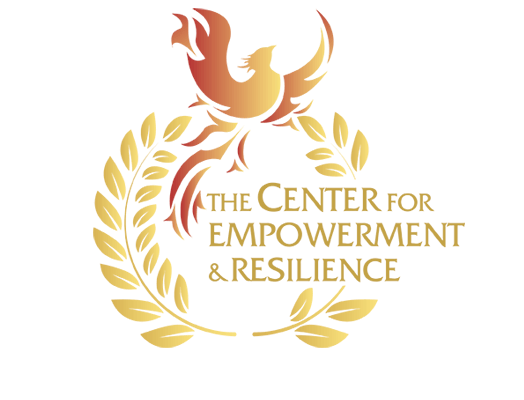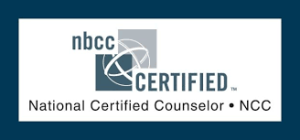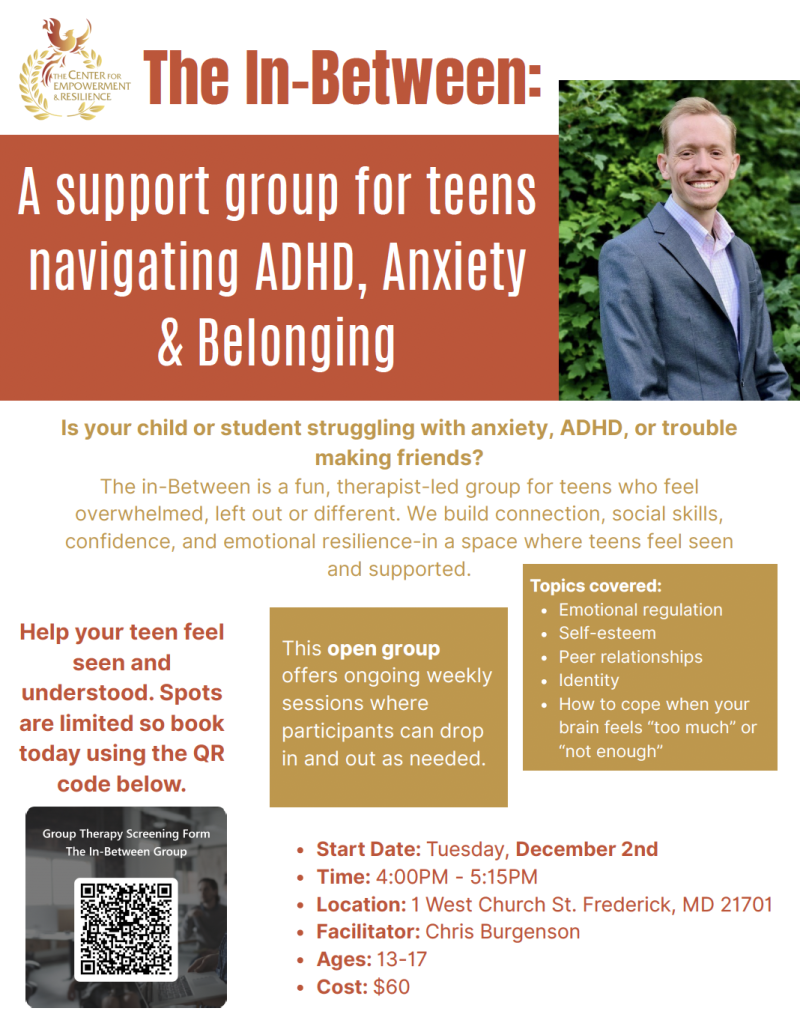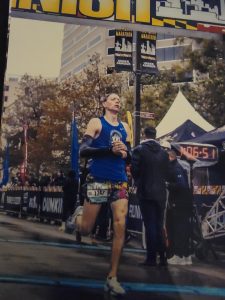 At the time of this posting, it will only be a few more days before college will start back up. The beginning of a new chapter in life. Much of what I am about to say can also be used with athletes going into high school. I wanted to share what my day looked like, how I found a way to balance my schedule, and share a story
At the time of this posting, it will only be a few more days before college will start back up. The beginning of a new chapter in life. Much of what I am about to say can also be used with athletes going into high school. I wanted to share what my day looked like, how I found a way to balance my schedule, and share a story
My Schedule as a Collegiate Athlete
My day started at 5:30 am. After waking up, I would get dressed, get a small bite to eat and a cup of coffee, and get to practice by 6:30 am. Practice would usually go until 7:45 or 8 am. After practice, I would quickly shower, change clothes, and quickly get to class at 8:30 am. Class usually ends around 1 or 3 pm. I would get lunch and then try to catch up on schoolwork. Later in the afternoon after classes, depending on the day, I would go to the gym and lift weights for about 30 minutes. After the gym, I would head home, get dinner, study some more, and then go to bed at 9:30 pm. At times, it was physically and mentally exhausting. However, being busy is what made me excel as an athlete and a student. To me, too much free time would make me procrastinate with my studies. Am I saying you can’t have any down time? Absolutely not! I am an advocate of being able to recover when necessary. But it should come after putting in the work.
Balancing Books and Miles
As if the schedule above was not tough enough, my Saturdays were mostly taken over by cross country and track meets. I only had Sundays to regain my focus and study. While cross country and track were important to me, it was even more important to keep up with my grades. If we were not doing well in our classes, we would receive academic alerts in our emails that would remind us that we were falling behind. It was demoralizing and frustrating to see those alerts pop up time and time again when I first started college. I knew the only way I could make those alerts go away was to focus harder than I ever have. It meant signing up for tutoring, scheduling appointments with my professors, and talking with my academic advisor and my coaches about balancing school and sports. You will have these tools at your disposal.
Reflecting on my Experience
I can look back at my experience as a student athlete with a sense of pride. I am proud of the races I ran, the relationships I have built, and the skills that I have acquired that make me who I am today. I am also happy that I still have the love for running even after my collegiate career ended. My coach wanted all of his athletes to be able to continue running after college. Burnout is real. One of the reasons why I went into counseling is because I want to be able to help other athletes who are dealing with burnout. In turn, I think it also helps athletes want to continue living a healthy lifestyle.
Takeaways
- Your schedule will be busy as a student athlete. This is a good thing! Staying busy can keep you focused on your studies and sport.
- Utilize your resources! Your coaches, professors, and advisors want you to succeed. I highly recommend scheduling appointments with them to keep on top of your schoolwork.
- I hope that when your college career is over, you can look back at it and be able to be proud of what you were able to do.
Until next time.
